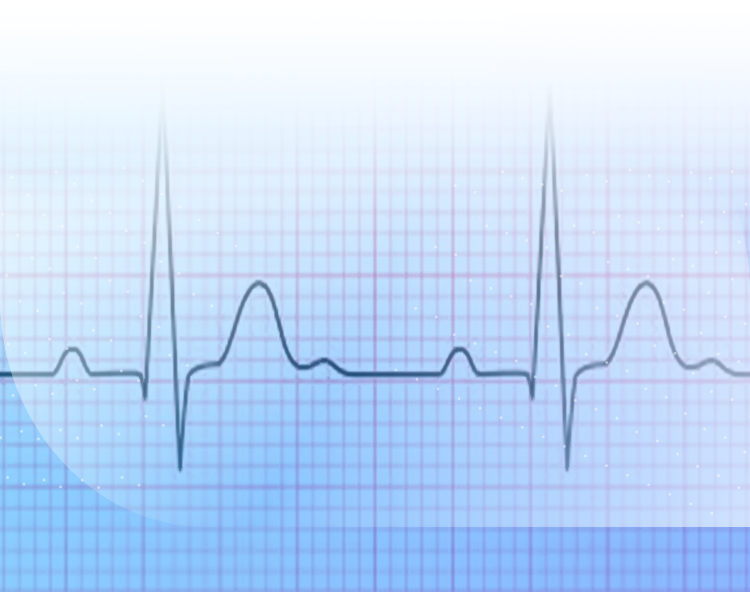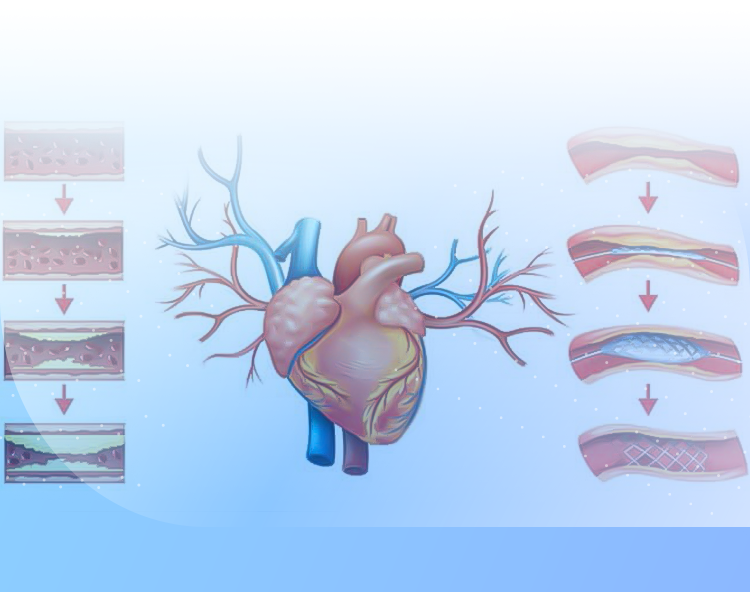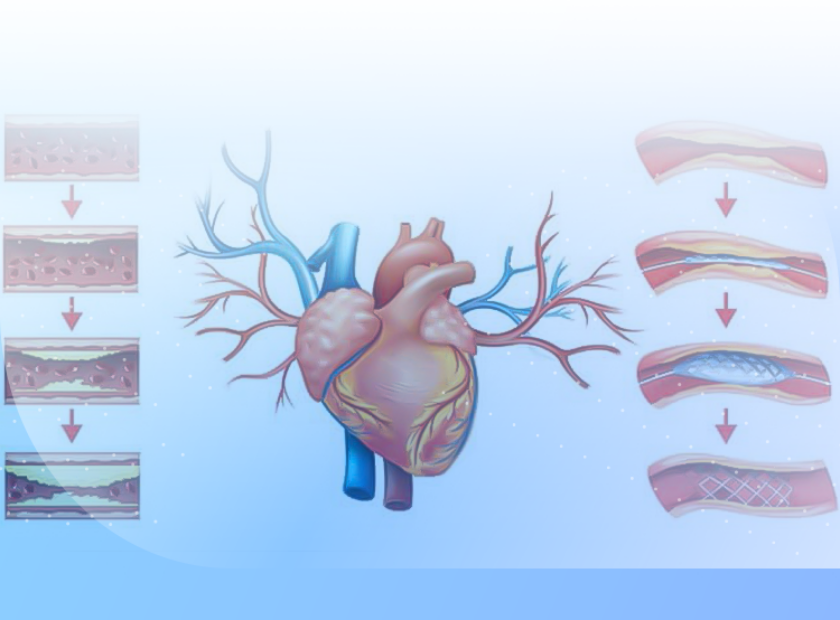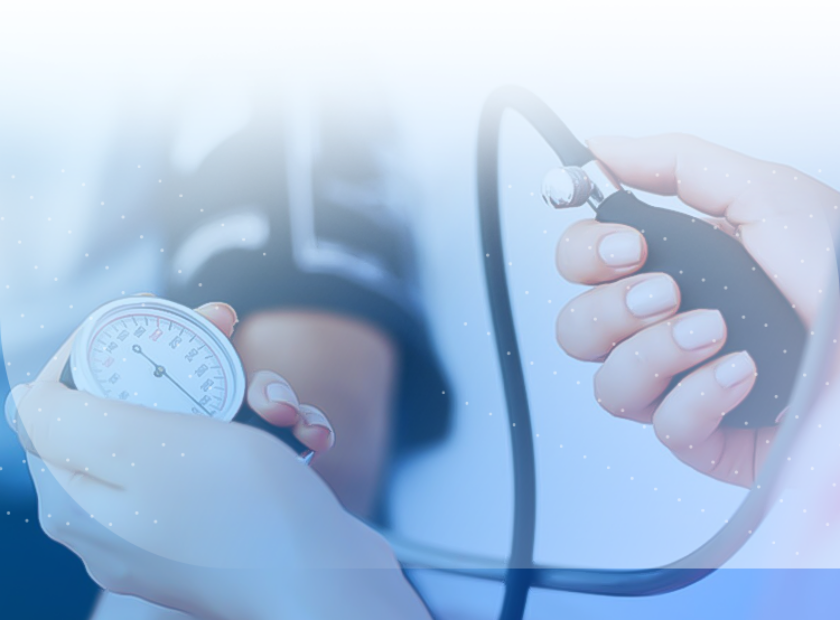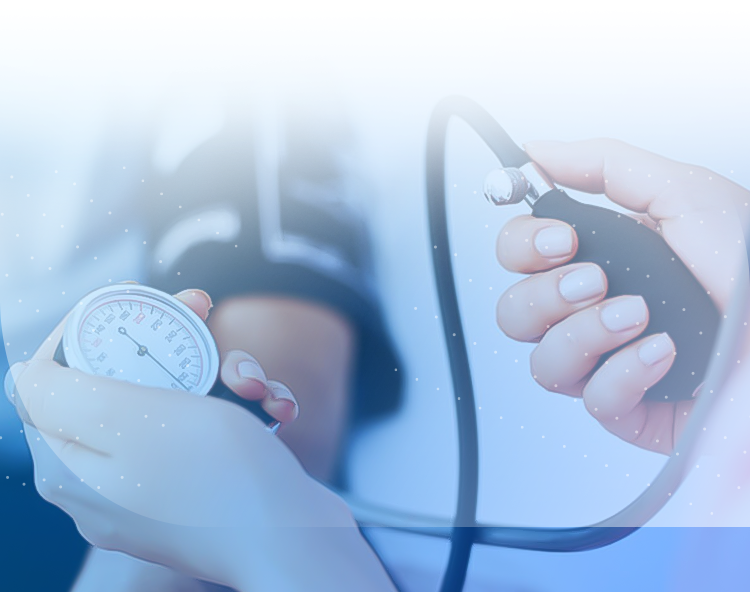
Hypertension Treatment: A Comprehensive Guide
Hypertension (high blood pressure) is a common health issue that can lead to serious complications such as heart disease, stroke, and kidney disease. Treatment for hypertension involves lifestyle changes and, if necessary, medication. In this article, we will explore various methods for treating hypertension.
- Diagnosis of High Blood Pressure
Blood pressure is divided into two numbers: systolic blood pressure (the upper number) and diastolic blood pressure (the lower number). Normal blood pressure is typically less than 120/80 mmHg. High blood pressure is classified into two categories:
- Stage 1: Systolic blood pressure between 130 and 139 or diastolic blood pressure between 80 and 89.
- Stage 2: Systolic blood pressure of 140 or higher or diastolic blood pressure of 90 or higher.
- Lifestyle Changes
Lifestyle changes can significantly impact blood pressure control. These changes include:
-
Healthy Diet:
- Reducing sodium intake to less than 2,300 mg per day.
- Increasing the consumption of fruits, vegetables, whole grains, and lean proteins.
- Following the DASH diet (Dietary Approaches to Stop Hypertension), which emphasizes the intake of nutrients like potassium, calcium, and magnesium.
-
Physical Activity:
- Engaging in at least 150 minutes of moderate exercise per week, such as walking, cycling, or swimming.
-
Weight Management:
- Losing weight in individuals who are overweight can help reduce blood pressure.
-
Stress Management:
- Utilizing stress-reduction techniques such as meditation, yoga, or breathing exercises.
-
Quitting Smoking and Reducing Alcohol Consumption:
- Smoking and alcohol consumption can increase blood pressure. Quitting these habits can improve heart health.
- Medications for Hypertension
If lifestyle changes are insufficient, a doctor may prescribe medications. Various types of medications are available for treating hypertension:
- Diuretics: These medications help reduce blood volume.
- Beta-blockers: These medications lower heart rate and reduce blood pressure.
- ACE Inhibitors: These medications help dilate blood vessels and lower blood pressure.
- Calcium Channel Blockers: These medications help reduce vascular contraction and lower blood pressure.
- Angiotensin II Receptor Blockers: These medications also assist in dilating blood vessels.
- Blood Pressure Monitoring
Regular monitoring of blood pressure is essential to ensure effective control. Patients can measure their blood pressure at home using digital blood pressure monitors and share the results with their doctor.
- Conclusion
Managing high blood pressure requires a comprehensive approach that includes lifestyle changes and, if necessary, medication. By following appropriate strategies and consulting with a physician, blood pressure can be reduced to a healthy level, preventing serious complications.

